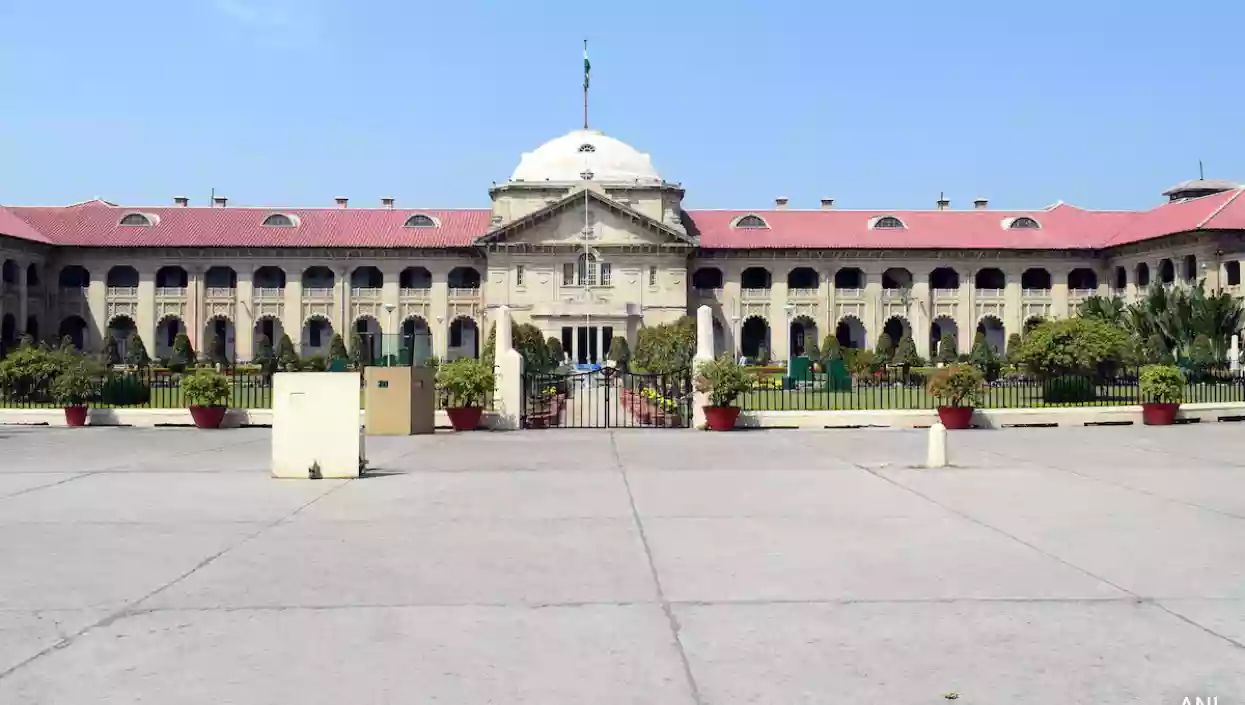.gif)
.gif)

In a controversial ruling that has sparked public outcry, the Allahabad High Court has granted bail to a man accused of raping a postgraduate student in Delhi. The court held that the woman, being educated and mature, “invited trouble” and bore partial responsibility for the incident.
The case dates back to September 2024 when the woman, a student at a Noida-based university, visited a bar in Delhi’s Hauz Khaz area with her friends. According to her complaint, she consumed alcohol and later agreed to accompany an acquaintance—now the accused—to his house, allegedly to rest.
However, the woman claimed that instead of taking her to his residence in Noida, the man took her to a relative’s flat in Gurgaon, where he raped her. She said he had insisted repeatedly that she come along, and she eventually relented due to intoxication and fatigue.
In December 2024, the accused was arrested after the woman filed a police complaint. During the investigation, the woman’s medical examination confirmed a torn hymen, but the doctor did not issue a conclusive opinion regarding sexual assault.
While hearing the bail plea, Justice Sanjay Kumar Singh of the Allahabad High Court noted that the woman was a postgraduate student and thus capable of understanding “the morality and significance of her actions.” The judge stated, “Even if her allegations are accepted as true, she herself invited trouble and was responsible for it.”
The ruling follows another recent judgment from the same court that drew intense criticism and was stayed by the Supreme Court. That case involved minors and a ruling that downgraded a rape attempt to "aggravated sexual assault." With these back-to-back controversial statements, the judiciary's stance on sexual assault cases is once again under intense public and legal scrutiny.